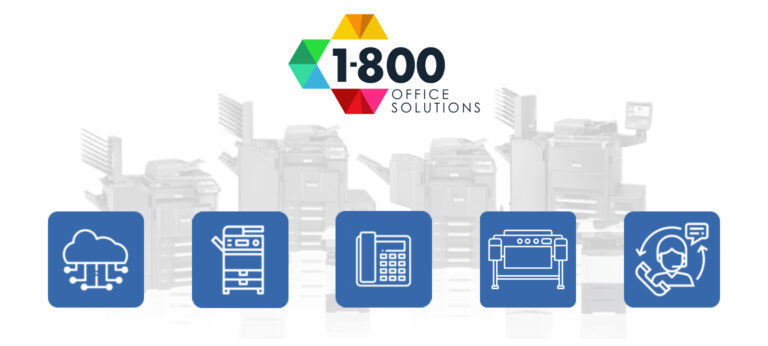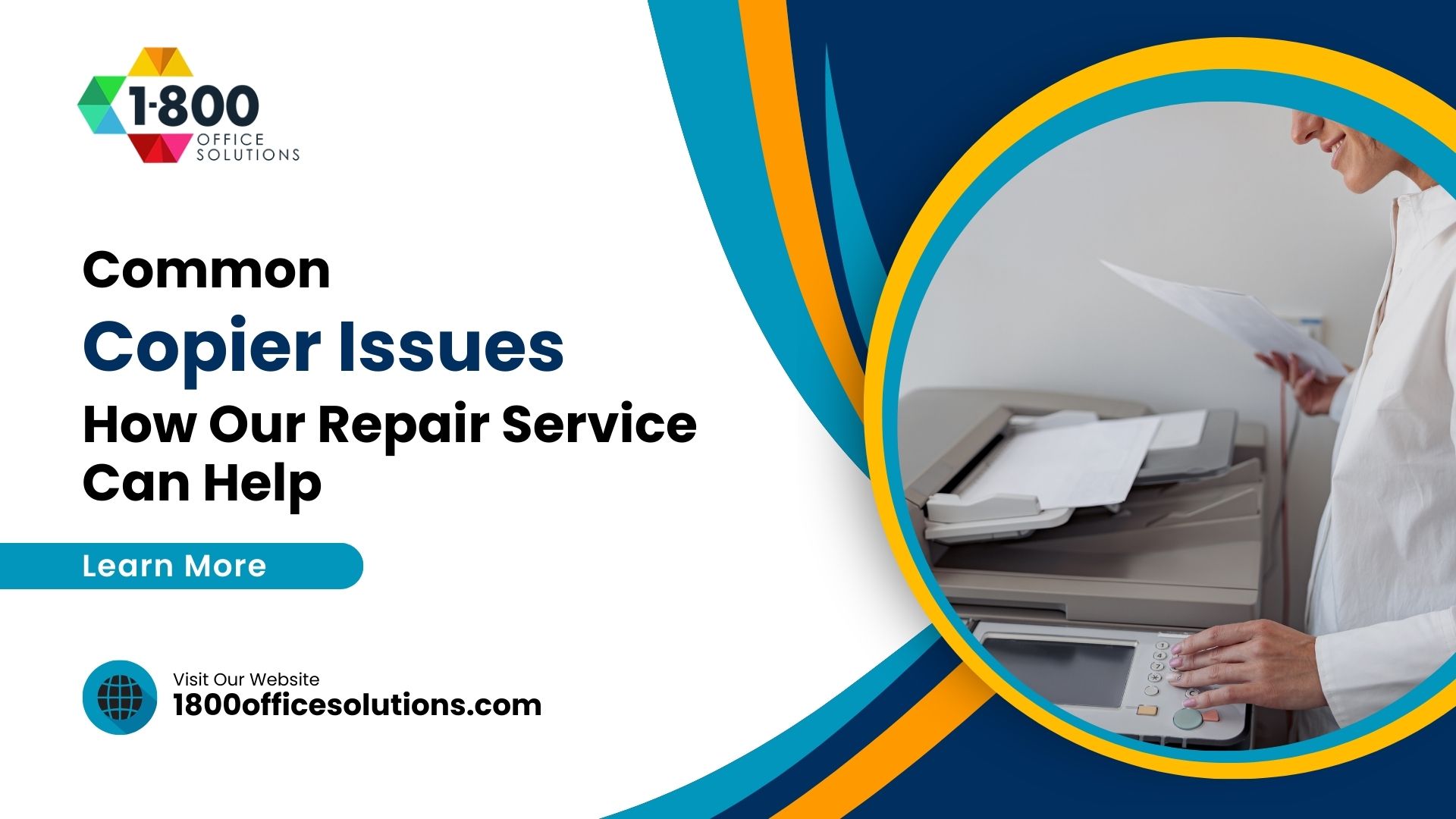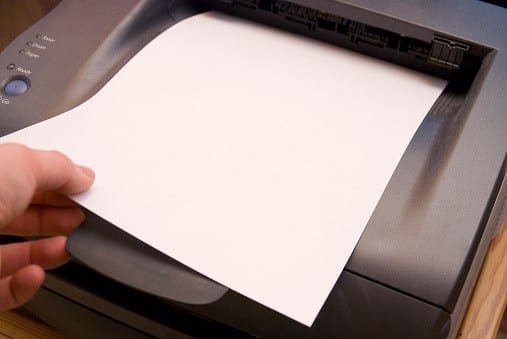Copy Machine Lease: A Comprehensive Guide to Leasing a Copier
Complete Guide for Copy Machine Lease
Leasing a copier for your enterprise but unsure of where to start? You have come to the right place! This comprehensive handbook will guide you through the entire process of copier leasing, starting from the advantages of leasing to selecting the most suitable lease agreement that caters to your requirements.
Introduction
Leasing a copier can be a smart choice for your business, helping you save money and stay up-to-date with the latest technology. However, the leasing process can be overwhelming if you’re not familiar with the terms and language used. That’s why we’ve created this guide to make things easier for you. We’ll provide you with all the information you need to make an informed decision about leasing a copy machine in simple, easy-to-understand language.
Benefits of Copy Machine Leasing
Before we dive into the details of how to lease a copy machine, let’s first explore the benefits of leasing over buying.
1. Lower Upfront Costs
One of the major perks of leasing a copy machine is that it enables you to procure the equipment you require without a significant initial investment. Leasing companies frequently necessitate minimal or zero payment upfront, which can be especially advantageous for businesses that are just beginning or have restricted funds.
2. Tax Benefits
Leasing a copier can also provide tax benefits for your business. Lease payments are typically considered a tax-deductible business expense, which can help reduce your overall tax liability.
3. Flexible Upgrade Options
Leasing a copy machine also provides you with the flexibility to upgrade to newer technology as your needs change. Many leasing agreements include provisions that allow you to upgrade your equipment after a certain period, ensuring that you always have access to the latest technology.
4. Maintenance and Repairs
Leasing a copier often includes maintenance and repair services as part of the lease agreement. This can save you money and ensure that your equipment is always in good working condition.
Choosing the Right Lease Agreement
Once you’ve decided that leasing a copier is the right choice for your business, the next step is to choose the right lease agreement.
1. Operating Lease
An operating lease is a lease agreement that is typically for a shorter term, usually between 12 and 36 months, and permits you to utilize the copier for that specific period. At the culmination of the lease, you have the choice of either returning the copier or upgrading to a more recent model. For businesses that necessitate access to the latest technology, operating leases are frequently the most economical alternative.
2. Capital Lease
A capital lease, also known as a finance lease, is a long-term lease agreement that allows you to purchase the copier at the end of the lease term. This type of lease is ideal for businesses that want to own the copier outright but don’t have the funds to make a large upfront investment.
3. Fair Market Value Lease
A fair market value lease is a long-term lease agreement that allows you to return the copier at the end of the lease term or purchase it at its fair market value. This type of lease is ideal for businesses that want the flexibility to upgrade their equipment at the end of the lease term but don’t want to commit to purchasing the copier upfront.
Copy Machine Lease: A Comprehensive Guide to Leasing a Copier
Leasing a copy machine is a complex process that requires careful consideration of your business’s needs and budget. To help you make an informed decision, we’ve compiled this comprehensive guide to leasing a copier. Whether you’re just starting your business or looking to upgrade your equipment, this guide has everything you need to know about copy machine leasing.
FAQ
How does leasing a copy machine differ from purchasing one?
The main difference between leasing and buying a copy machine is the ownership of the equipment. When you buy a copy machine, you own it outright and are responsible for all maintenance and repair costs. When you lease a copy machine, the leasing company retains ownership, and you pay a monthly fee to use the equipment. Leasing can be a cost-effective option for businesses that don't have the funds to purchase a copy machine upfront or want the flexibility to upgrade their equipment regularly.
What is the cost of leasing a copy machine?
The expense of leasing a copy machine fluctuates depending on various aspects, including the type of copier, the length of the lease, and the policies of the leasing company. Typically, a mid-range copy machine lease can cost between $100 to $500 each month. Keep in mind that additional features or maintenance services can raise the cost.
What should I look for in a copy machine lease agreement?
When reviewing a copy machine lease agreement, it's essential to pay attention to the following details:
Lease term: The length of time you'll be leasing the copier.
Payment structure: The monthly payment amount and any upfront costs.
Maintenance and repair services: What services are included in the lease agreement, and what additional costs you may incur.
Upgrade options: Whether you can upgrade to a newer model at the end of the lease term.
End-of-lease options: What happens at the end of the lease term, such as returning the copier or purchasing it.
Can I negotiate the terms of a copy machine lease agreement?
Yes, you can negotiate the terms of a copy machine lease agreement. Before signing any lease agreement, it's essential to review the terms carefully and discuss any concerns or questions with the leasing company. You may be able to negotiate the monthly payment amount, lease term, or maintenance services included in the agreement.
What happens if the copier breaks down during the lease term?
If the copier breaks down during the lease term, the leasing company is responsible for repairing or replacing the equipment, depending on the terms of the lease agreement. Be sure to review the maintenance and repair services included in the lease agreement before signing to ensure that you're covered in the event of a breakdown.
What should I do at the end of the lease term?
At the end of the lease term, you'll need to decide whether to return the copier or purchase it. If you choose to return the copier, the leasing company will inspect the equipment for any damage or excessive wear and tear. If you choose to purchase the copier, you'll need to pay the fair market value price, as outlined in the lease agreement.
Conclusion
Leasing a copy machine can be a smart move for businesses that want to keep up with the latest technology without spending too much upfront. However, it’s important to carefully read the lease terms and find the right leasing company that suits your needs. This guide provides detailed information on how to lease a copier, so whether you’re a small business or a large corporation, you can make an informed decision.
By following the tips and guidelines in this guide, you can maximize the benefits of your copy machine lease agreement. This will help your business stay competitive and efficient, and ensure that you get the best possible value for your money. So, if you’re considering leasing a copy machine, make sure to refer to this guide for all the information you need.
The Best Copier Dealer Near You
1800 Office Solutions have selected the most trusted copier dealers near you who have the best equipment at an exclusive rate.
Click on the link below to get your commercial copier quote:
https://1800officesolutions.com/commercial-copier-lease-quote/












